Psychodynamic Psychology - Certification Course
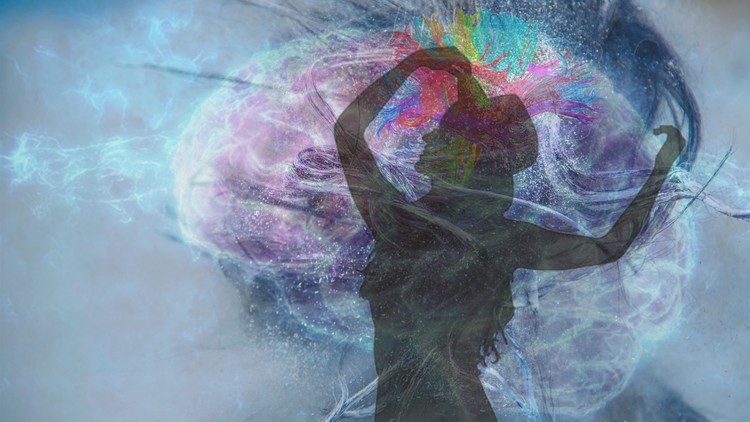
Why take this course?
It seems you've provided a comprehensive overview of various topics within psychology, including anxiety, psychosocial development, cognitive development, moral development, attachment theory, motivation, character, needs, and emotions. This training program you described is extensive and covers key aspects of human behavior and psychology from different perspectives. Let's summarize each topic briefly:
-
Anxiety and Basal Anxiety: Anxiety can be physiological or psychic, with physiological anxiety being a natural response to threats and psychic anxiety being the psychological discomfort or worry about things. Basal anxiety is the minimum level of alertness that an organism needs to remain functional.
-
Psychosocial Development: Proposed by Erik Erikson, this theory suggests that human behavior is shaped by the interaction of biological and cultural factors. It outlines a series of psychosocultural stages from infancy to adulthood.
-
Cognitive Development: As studied by Jean Piaget, cognitive development refers to the changes in knowledge or information-processing capacity that occur as people grow and learn. Piaget's theory is broken down into four stages: sensorimotor, preoperational, concrete operational, and formal operational.
-
Moral Development: Lawrence Kohlberg expanded upon Piaget's stages of cognitive development by focusing on moral reasoning and how individuals develop their ethical decision-making. Kohlberg outlined three levels of moral development: preconventional, conventional, and postconventional.
-
Attachment Theory: Proposed by John Bowlby, attachment theory describes the biological and environmental factors influencing the formation of an affective social bond (attachment) between humans, particularly an infant and caregiver. Attachment styles include secure, anxious-preoccupied, and dismissive-avoidant.
-
Motivation: Motives are the fundamental drives in human behavior. Kurt Lewin categorized motives into approach, withdrawal, dominance, and orientation, which influence how individuals interact with their environment based on their needs and desires.
-
Character: This encompasses the qualities that define an individual's personality and behavior patterns. It can be rational or irrational and includes moral, volitional, and involuntary aspects.
-
Needs: Human needs are categorized into biological (survival, safety, etc.), social (belonging, respect, etc.), and spiritual (purpose, meaning, etc.) needs. Maslow's Hierarchy of Needs is a well-known representation of this concept.
-
Emotions and Feelings: Emotions are complex psychological states that are often associated with physiological changes in the body. They serve as assessments, incentives, regulators, disorganizers, activators, and integrators in our lives.
The bonus you mentioned at the end of the certification course is provided by Valentin Boyadzhiev, who has a background in nutrition, diet, supplementation, sports, psychology, psychotherapy, and clinical psychology, with a focus on psychoanalysis. He offers practical knowledge and experience, particularly in understanding and applying psychological principles to real-world situations.
This training program aims to equip you with comprehensive knowledge of human behavior from both theoretical and applied perspectives. It seems to be an enriching curriculum for anyone interested in psychology, whether for personal development or professional practice.
Course Gallery
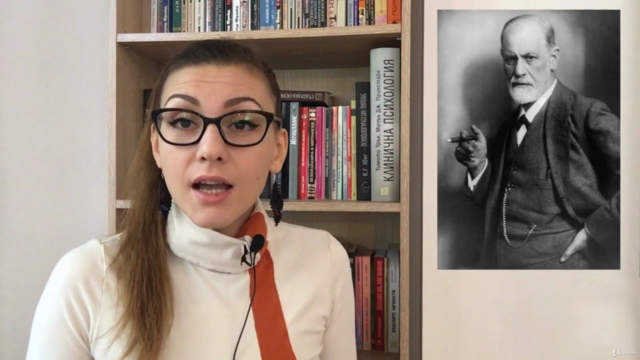
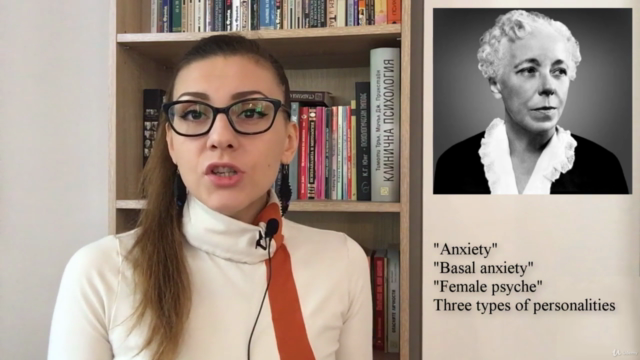
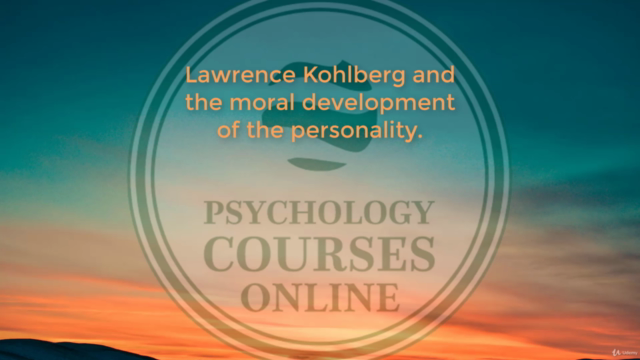
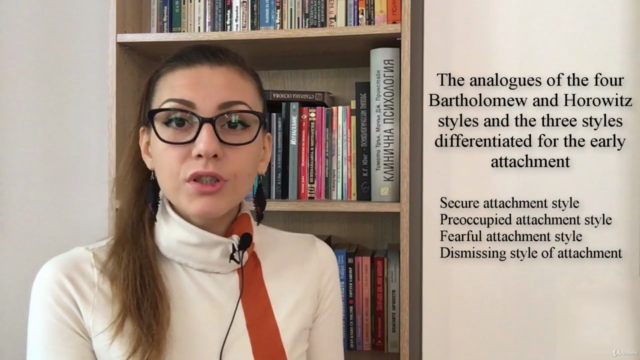
Loading charts...